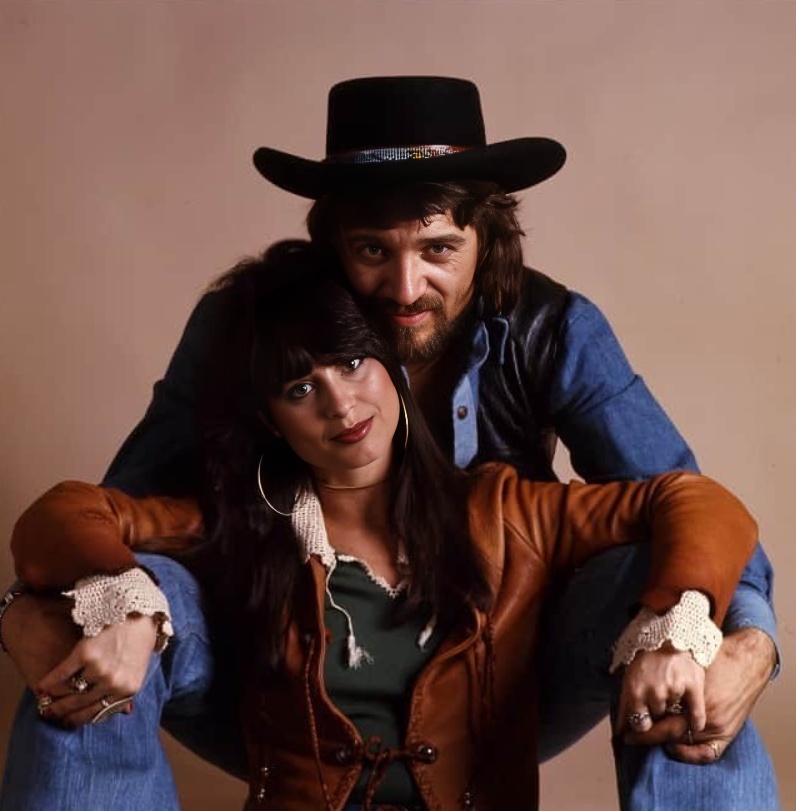
Waylon Jennings, a key figure in the Outlaw Country movement, carved a distinct niche in American music history. Rejecting the polished Nashville sound of the 1960s and 70s, Jennings championed a raw, honest, and often rebellious style. His distinctive baritone, coupled with his unflinching lyrical honesty, resonated deeply with audiences, solidifying his status as a country music icon. While he garnered numerous awards throughout his career, including multiple CMA and Grammy Awards, and consistently topped the country charts with hits like “Mammas Don’t Let Your Babies Grow Up to Be Cowboys” and “Good Ol’ Boys,” his impact extended beyond mere accolades. He represented a shift in creative control for artists and a powerful voice for individualism within a genre often perceived as homogenous.
“Lonesome, On’ry and Mean,” particularly the electrifying live version recorded in Texas in 1975, encapsulates the essence of Jennings’ outlaw spirit. The song, originally released in 1973, is an anthem of self-reliance and defiance. It’s a declaration of independence from societal expectations and a celebration of embracing one’s flaws and imperfections. Lyrically, it speaks to a life lived on one’s own terms, regardless of judgment or disapproval. The “lonesome” aspect acknowledges the isolation that can accompany such a path, while “on’ry and mean” is a defiant shield against those who might try to control or define him.
The live performance, especially the one from Texas in 1975, adds a layer of raw energy and authenticity that is palpable. It’s a recording that crackles with the electricity of a performer truly connecting with his audience. Feedback from audiences who witnessed Jennings perform this song live often highlights the sense of camaraderie and shared rebellion it fostered. People felt understood, validated in their own struggles against conformity. The song wasn’t just music; it was a statement of identity and a call to arms for those who dared to be different.